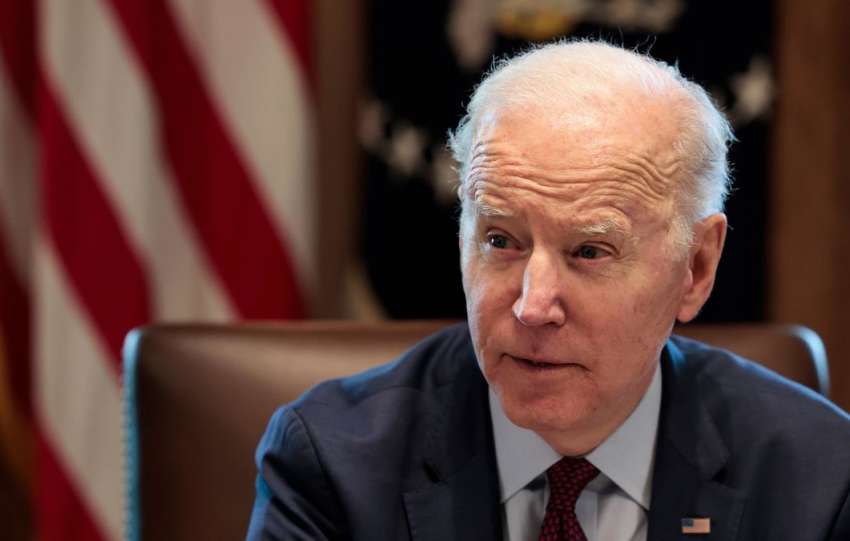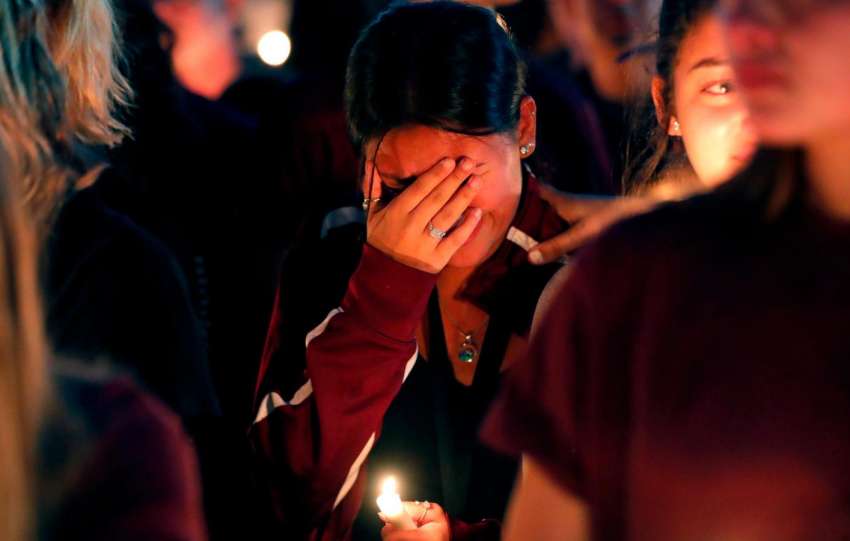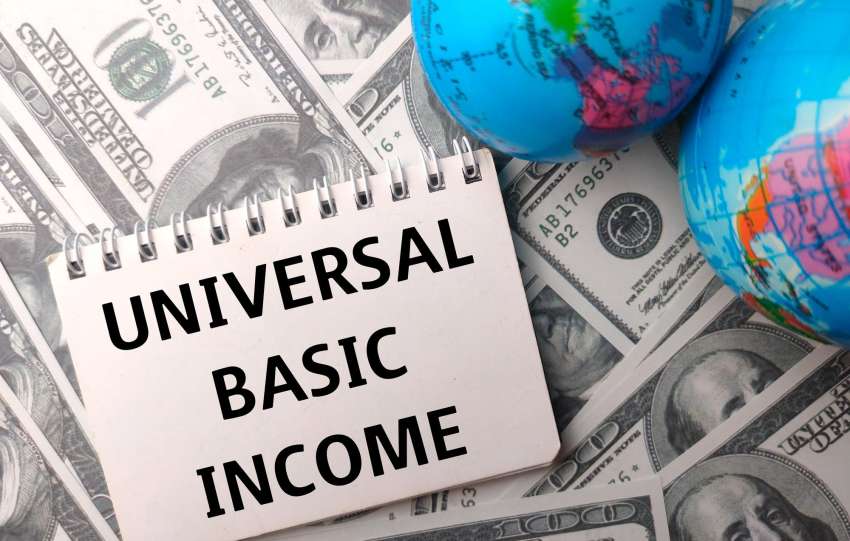Introduction:
Usher and the Super Bowl Halftime Show Dilemma : As the anticipation for the next Super Bowl builds, fans around the world eagerly await the spectacle of the halftime show, a performance that often features some of the biggest names in the music industry. In recent years, the Super Bowl Halftime Show has become a cultural phenomenon, attracting millions of viewers and generating significant buzz. However, behind the scenes, there is a complex web of negotiations and agreements that determine the fate of the performers, including their compensation. In this article, we will delve into the intriguing question of why Usher may not receive payment for his upcoming Super Bowl Halftime Show performance.
The Super Bowl Halftime Show: A Spectacle of Star Power
For decades, the Super Bowl Halftime Show has evolved from a simple intermission entertainment to a star-studded extravaganza, featuring some of the most iconic names in the music industry. They select performers based on their popularity, relevance, and ability to captivate a global audience.. Usher, a Grammy-winning artist and celebrated entertainer, undoubtedly fits the bill for such a high-profile event.
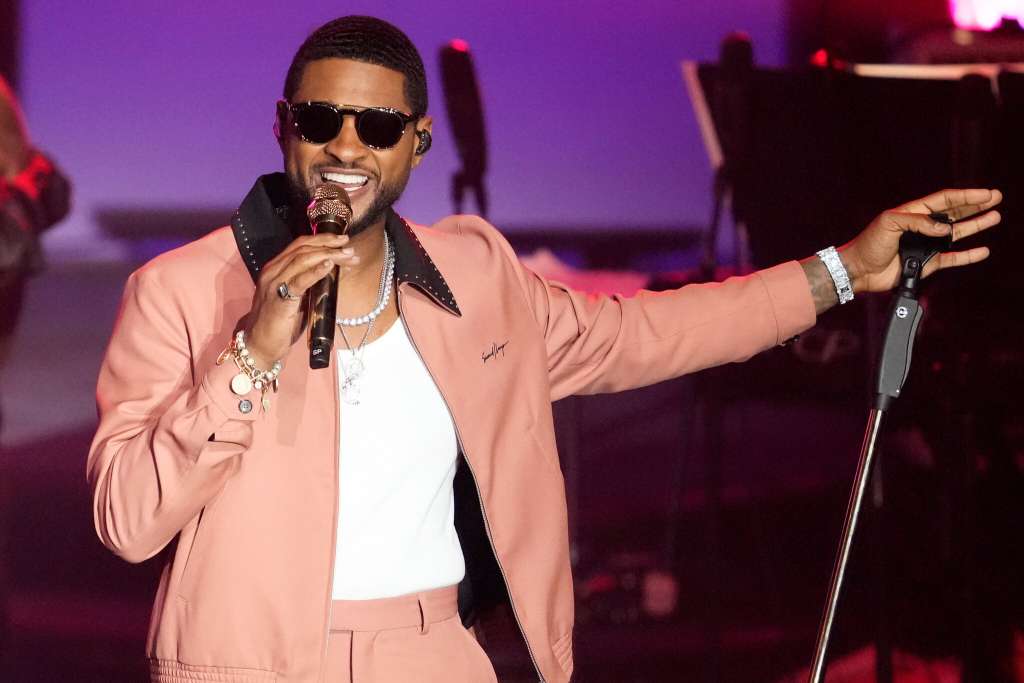
The Exposure Factor:
One might assume that performing at the Super Bowl Halftime Show guarantees a hefty paycheck, but the reality is more nuanced. While exposure on such a grand stage can undoubtedly boost an artist’s career and record sales, not all performers receive monetary compensation for their time and talent. In fact, the exposure factor is often considered a form of payment itself, as artists leverage the opportunity to showcase their music to an audience of millions.
Usher’s Motivation: Beyond Monetary Gain
Usher, with a career spanning decades and a fan base that spans the globe, may be motivated by factors beyond monetary gain in agreeing to perform at the Super Bowl Halftime Show. The exposure, prestige, and potential for increased album and ticket sales could outweigh the need for a direct financial reward. Furthermore, the Super Bowl performance can serve as a platform for artists to make a statement or contribute to a cause they are passionate about, adding a layer of personal significance to the experience.
The NFL’s Shifting Stance on Compensation:
The National Football League (NFL), which organizes the Super Bowl, has had a varied history when it comes to compensating performers for their halftime show appearances. In the past, the NFL has covered production costs but did not provide additional payment to the artists. However, this approach has evolved over time.
In recent years, the NFL has taken steps to address the compensation issue. For Super Bowl XLIX in 2015, headlined by Katy Perry, the league started offering a form of compensation to artists in the form of a stipend for production expenses. This marked a departure from the previous model of not providing any direct payment to performers.
The Jay-Z Connection:
Usher’s potential lack of payment may also be linked to the involvement of Jay-Z and his entertainment company, Roc Nation, in the NFL’s entertainment initiatives. In 2019, Jay-Z and the NFL announced a partnership aimed at enhancing the league’s live game experiences and social justice efforts. As part of this collaboration, Roc Nation took on the role of the league’s “live music entertainment strategist.”
The deal stirred controversy and raised questions about the intersection of social justice advocacy and entertainment within the NFL. Some critics argued that the partnership undermined the principles of the social justice initiatives that Jay-Z had previously supported. In the context of Usher’s potential non-payment, it is worth exploring whether this controversy and the shifting dynamics within the NFL play a role in compensation decisions for halftime show performers.
The Social Justice Factor:
Usher, known for his advocacy on various social justice issues, may view the Super Bowl Halftime Show as an opportunity to use his platform for a cause. Artists increasingly leverage major events like the Super Bowl to address pressing social issues, ranging from racial inequality to environmental concerns. Usher’s decision to forego traditional payment could be a strategic move to align himself with a cause and amplify his impact beyond the music.
The Unique Nature of Super Bowl Performances:
The Super Bowl Halftime Show stands out as a unique performance opportunity, distinct from traditional concerts or tours. The massive viewership and global reach provide artists with unparalleled exposure and the chance to connect with diverse audiences. As such, the non-monetary benefits associated with a Super Bowl performance can far outweigh the financial gains typically expected from other gigs.
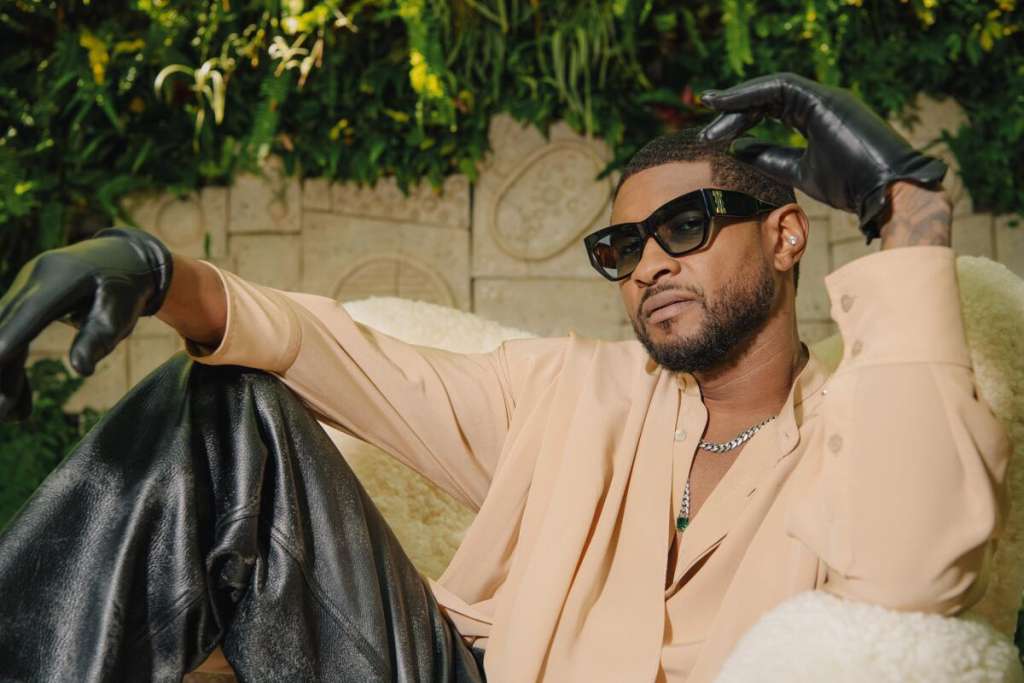
The Potential for Collaborations:
Collaborations have become a hallmark of Super Bowl Halftime Shows, with surprise appearances and joint performances adding an extra layer of excitement for viewers. Usher’s decision to participate in the halftime show may be influenced by the prospect of collaborating with other artists or delivering a memorable performance that goes beyond the boundaries of a standard concert.
The Bottom Line: Artistic Expression vs. Financial Compensation
In the world of entertainment, the decision to perform at the Super Bowl Halftime Show becomes a delicate balance between artistic expression and financial compensation. While some artists may negotiate substantial fees, others, like Usher, may prioritize the unique opportunities for exposure, impact, and collaboration that the Super Bowl stage offers.
Ultimately, the question of whether Usher will receive payment for his Super Bowl Halftime Show performance remains uncertain. However, the evolving landscape of the NFL’s compensation policies, coupled with the artist’s personal motivations and the influence of key players like Jay-Z, suggests that the financial dynamics of such high-profile events are far from straightforward.
As fans eagerly await the Super Bowl Halftime Show, the spotlight will not only be on the electrifying performances but also on the intricate negotiations and decisions that shape the entertainment industry’s most-watched spectacle. Whether Usher’s decision to perform without direct payment proves to be a strategic move or a reflection of the evolving dynamics within the NFL, one thing is certain – the Super Bowl Halftime Show continues to be a stage where art, commerce, and social impact intersect in fascinating ways.


